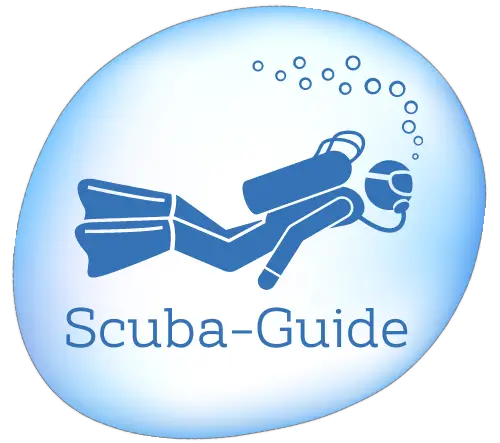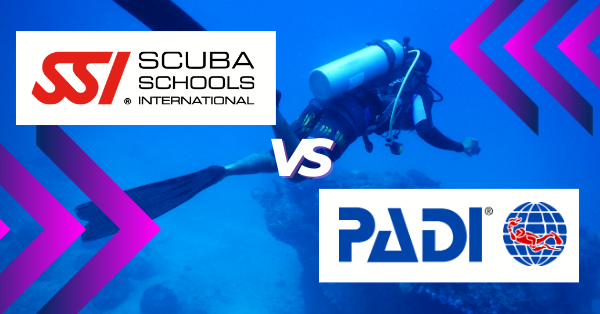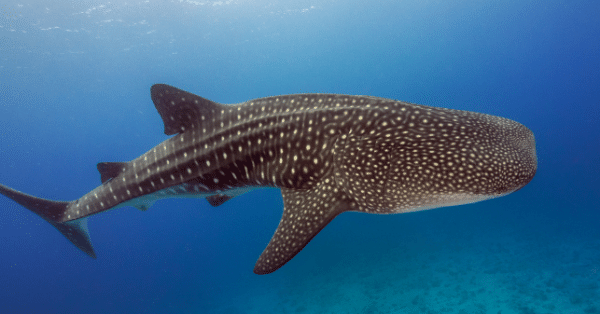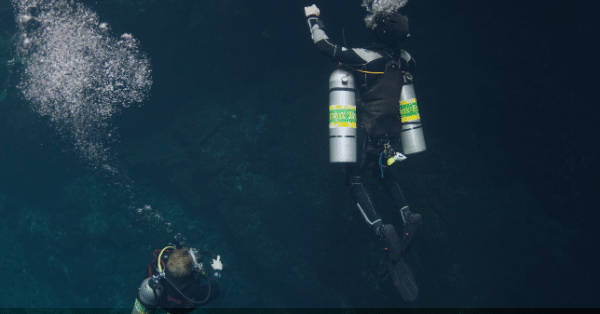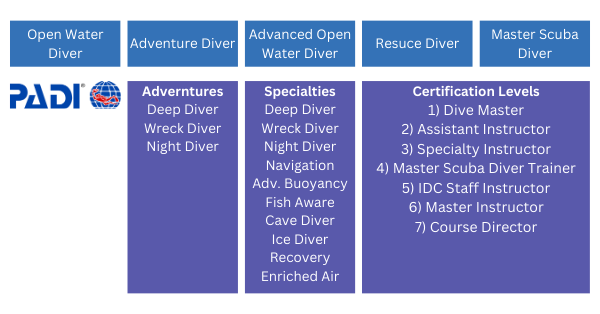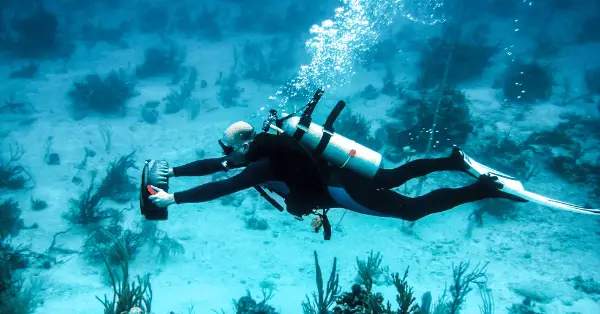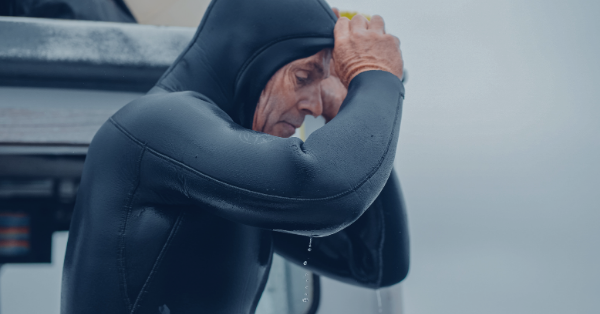The Exciting World of Blackwater Diving
Blackwater diving is a unique scuba diving experience that most divers don’t have on their radar – but should. Everyone who ever stayed on a boat in the dark has witnessed that the light beams attract all kinds of marine life. Blackwater diving takes advantage of this.
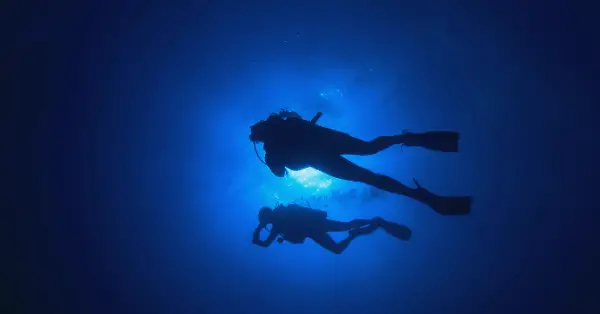
What is blackwater diving?
Blackwater diving is a subset of night diving. However, instead of diving in a reef or rocky dive site, divers are swimming in the open ocean at night – only surrounded by a dark black water column.
The dive boat drifts with the current and its lights attract all kinds of marine life. Surrounded by the dark – black water – you will have an unforgettable experience to see an abundance of smaller and bigger fish appearing and disappearing in the powered light beams.
First, it may appear as though a void of darkness surrounds you. Yet soon enough, an array of aquatic inhabitants will begin to emerge from the depths.
Safety precautions for blackwater diving
First and foremost, divers need to stay close together. The lack of nearby surroundings to help orientate is missing. All divers have is darkness and light beams. Therefore, dive groups are tethered by a line to stay in proximity. Moreover, it’s crucial to follow the light – usually, the boat drifts with the current and therefore the divers and boat travel in the same direction, but at times underwater currents can catch a diver.
Similarly important, every diver needs to be comfortable in the dark water with good buoyancy.
What is bonfire diving?
Bonfire diving (or swimming around a light source) is similar to blackwater diving, except it happens at more shallow depths. Illumination draws in rare nocturnal creatures, and divers locate themselves near the lights that are nestled onto the coral reefs or sandy floor. The illumination setup reminds of a bonfire, with divers surrounding the light beam.
This provides a unique opportunity for scuba divers to observe wildlife beneath the surface not visible during daylight hours.
Difference between night diving and blackwater diving
We all have heard that every square is a rectangle, but not every rectangle is a square. The same holds true for night diving and blackwater diving. Every dive in black water is a night dive, but not every night dive is a blackwater dive.
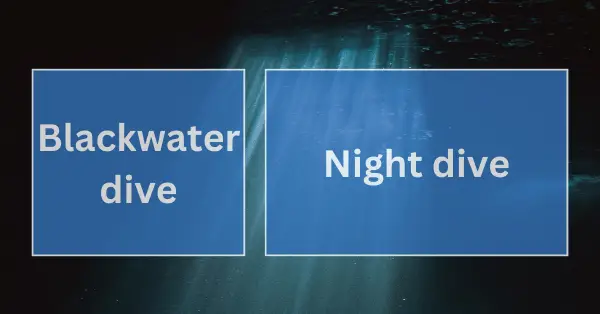
The main difference is that blackwater dives take place in the open ocean, whereas night dives are recreational dives at popular dive sites in reefs, wrecks, or rock formations.
What do you see when blackwater diving?
As the sun sets and night descends, billions of creatures emerge from the depths to embark on a nightly pilgrimage in search of sustenance. This impressive mass movement is the largest animal migration observed anywhere on our planet.
In order to understand what you can see, we need to understand why the animals are attracted by the light.
The light attracts plankton, the plankton gets eaten by smaller fish, and if you are lucky you see larger fish feeding off the smaller ones.
When scuba diving in blackwater, you may sometimes spot the occasional large pelagic fish that come to feed on their smaller counterparts who have been drawn to the light. However, your main fascination will be all the miniature and peculiar creatures that eat up plankton. These macro life forms include juvenile crabs, squid, a variety of fish species, and other luminous animals at varying stages of life cycles whose bodies are often translucent with bioluminescent capabilities – hence why they appear to light up when agitated by water currents.
Where can you do blackwater diving?
Blackwater diving can be conducted in virtually any water that is deep enough and known for a healthy aquatic life population. Locations such as the Caribbean, off the coasts of Costa Rica and Belize, Palau, and Hawaii are popular destinations for blackwater dives.
Blackwater diving in Kona, Hawaii
Kona on Big Island, Hawaii – for instance – is famous for night diving activities, such as swimming with manta rays, and blackwater diving. Deep waters close to the coast of over 10 thousand feet are the perfect habitat for large sea animals – making it the perfect location for blackwater diving.
Certification or training requirements for blackwater diving
Even though there is no advanced certification requirement for blackwater diving, it is suggested that you have mastered the basics of open water scuba diving. When immersing yourself in depths with not many visual aids (like a reef), it can be easy to lose your orientation. Some dive operators may ask for certification such as Advanced Open Water or proof of a certain number of logged dives. Additionally, they may require a regular night dive first. Often those operators take you on another non-blackwater night dive first to evaluate how comfortable and prepared you feel before any blackwater activities.
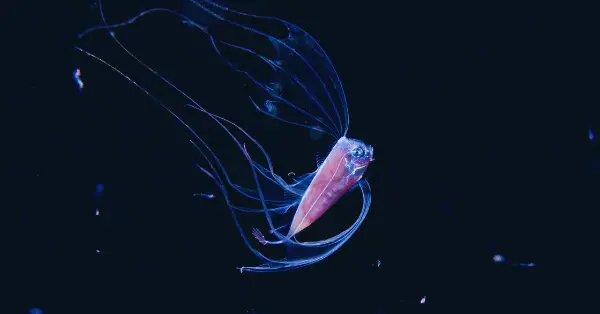
Blackwater diving underwater photography
Ever wondered where those awesome photos of underwater creatures surrounded by just darkness come from? Capturing the essence of a blackwater dive is an incredible experience for underwater photographers. The results are simply breathtaking, and you get to witness creatures from deep-sea depths that few people ever have the chance to see.
That being said, taking great photos in these light settings can be challenging and experiences are required. Blackwater photography is a skill you should brush up on to leave your Instagram followers stunned.
Shameless plug – follow us on Instagram @scuba.buddy (even though we haven’t been active much lately)
The verdict – should you go blackwater diving?
If you love exploring the deep blue, then blackwater diving should definitely be on your bucket list. From stunning sea creatures that inhabit the depths to a unique photographic experience, there is so much to gain from participating in a blackwater dive.
But don’t forget – safety first! Make sure you are comfortable with the darkness and open ocean and that you are familiar with the risks and dangers.
In conclusion, it’s highly recommended for those comfortable conducting a blackwater dive.
